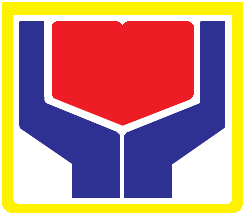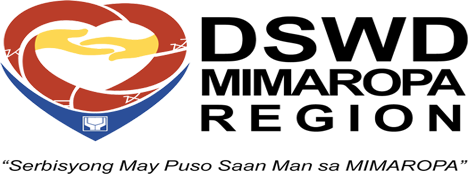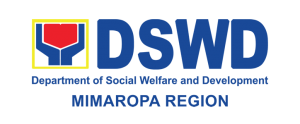Romblon, Philippines – The Department of Social Welfare and Development (DSWD) MIMAROPA, through its Kapit-bisig Laban sa Kahirapan – Comprehensive and Integrated Delivery of Social Services (KALAHI-CIDSS) Philippine Multisectoral Nutrition Program (PMNP), has successfully completed subproject implementation in four (4) municipalities of Romblon with a total project cost of Php 20,244,500.00, that will benefit 14,317 household beneficiaries.
The municipalities of Cajidiocan, Calatrava, Corcuera, and Ferrol has reported the culmination of the implementation of their respective sub projects as of February 15, 2024 which aimed to increase the utilization of nutrition-specific and nutrition-sensitive interventions, thereby improving key health behaviors to combat stunting in the region.
Through the technical assistance from DSWD MIMAROPA, the communities identified various initiatives, including the refurbishment, improvement, and provision of equipment and amenities to Early Childhood Care and Development (ECCD) Centers, as well as the improvement of water system, hand washing facilities and communal toilets (WASH). These subprojects are geared towards ensuring the holistic development of children in the locality and addressing the root causes of malnutrition and stunting.
The implementation of the projects adhered to the KALAHI-CIDSS principles of participatory, transparency, and accountability, with community volunteers and stakeholders actively involved throughout the process. The success of these endeavors reflects the unwavering commitment of the community, stakeholders, and DSWD KALAHI-CIDSS to promote community-based and community-initiated development programs.
In a display of solidarity, the Local Government Units (LGUs) of the aforementioned municipalities contributed Php 2,273,5975.50 in cash and in-kind resources as their local counterpart, ensuring the completion of the subprojects and bringing the total project costs to Php 22,518,095.50.
All 42 subprojects shall undergo final inspection and functionality audit before being officially handed over to communities ensuring that they are fully prepared for utilization by the thousands of beneficiaries.
![]()


